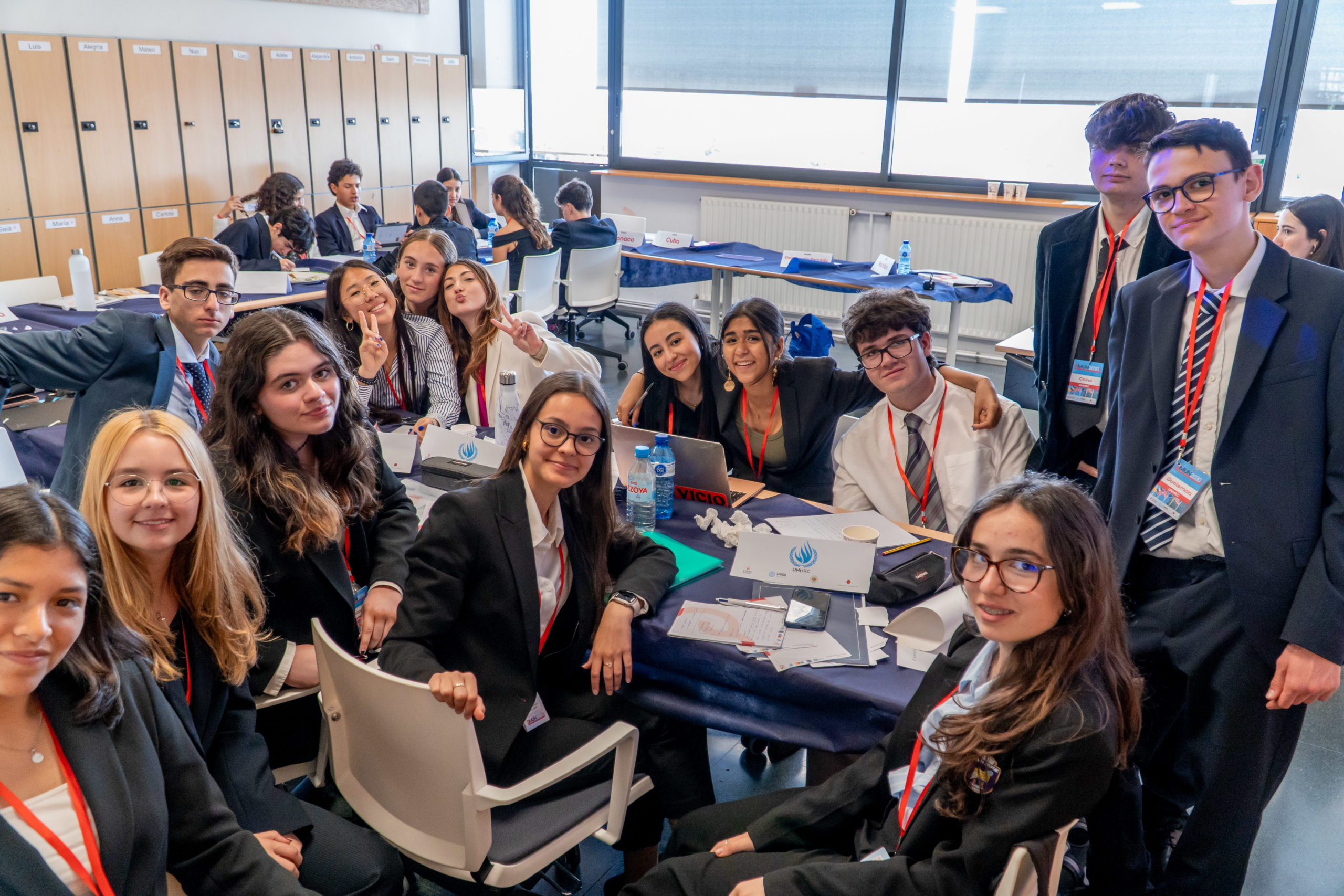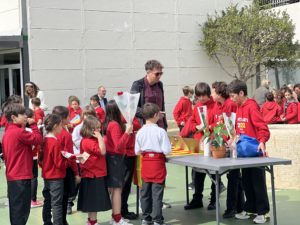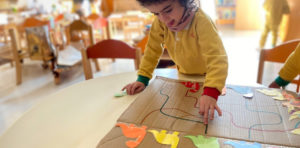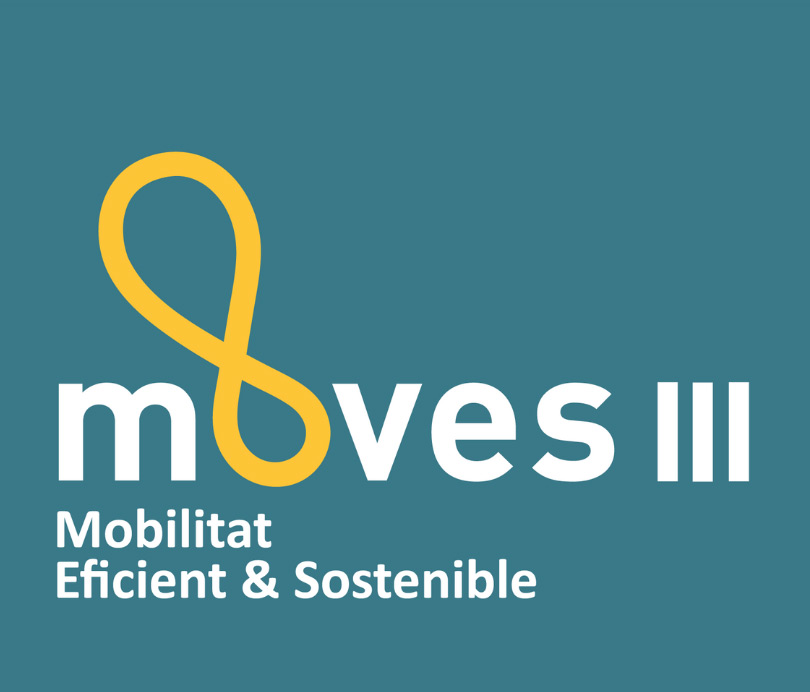- 180 students from 16 international and bilingual schools across Spain became United Nations delegates at the 7th Singularity Model United Nations Conference.
- Spanning three intense days, the debate centered on leveraging Artificial Intelligence to meet Sustainable Development Goals.
From Friday to Sunday this past weekend, students from all over Spain became delegates of the United Nations. St PETER’S hosted a new edition of the already traditional S’MUN 2030 (Singularity Model United Nations 2030), with the aim of disseminating the values of the United Nations among secondary and high school students, taking into account the Sustainable Development Goals that the UN adopted in 2015 to reduce inequalities, protect the planet and ensure progress for the whole world.
This year’s focus for the seventh edition meticulously examined the benefits and challenges of artificial intelligence (AI) in the quest to achieve Sustainable Development Goals. In an array of committees, participants represented their designated countries, building their cases on forecasts, in-depth research, and evaluations of how different perspectives could impact the future on a global scale.
Leading the committees was a group of eight chairs from the University Student Association UNSA in Barcelona, with the support of high school students who had previously participated in the SMUN, which provided a unique opportunity to practice diplomatic skills.
The kick-off session was held on Friday at the Aula Magna of Universitat Abat Oliba CEU, with a keynote by Dr. Francisco Villacampa, Vice Dean of the Faculty of Law and Business. Sessions continued at St PETER’S SCHOOL.
How it all started
S’MUN 2030 (Singularity Model of United Nations 2030) was born in Barcelona, promoted by the Singularity Foundation, with the aim of disseminating the values of the United Nations among secondary and high school students, taking into account the Sustainable Development Goals that the UN adopted in 2015 to reduce inequalities, protect the planet and ensure progress for the whole world.
This simulation model of the workings of the United Nations promotes students’ interest in international relations and debate on issues relevant to the entire world. It also improves skills in dialogue, diplomacy, dialectics, teamwork, public speaking, conflict resolution, consensus building, cooperation and leadership.


















